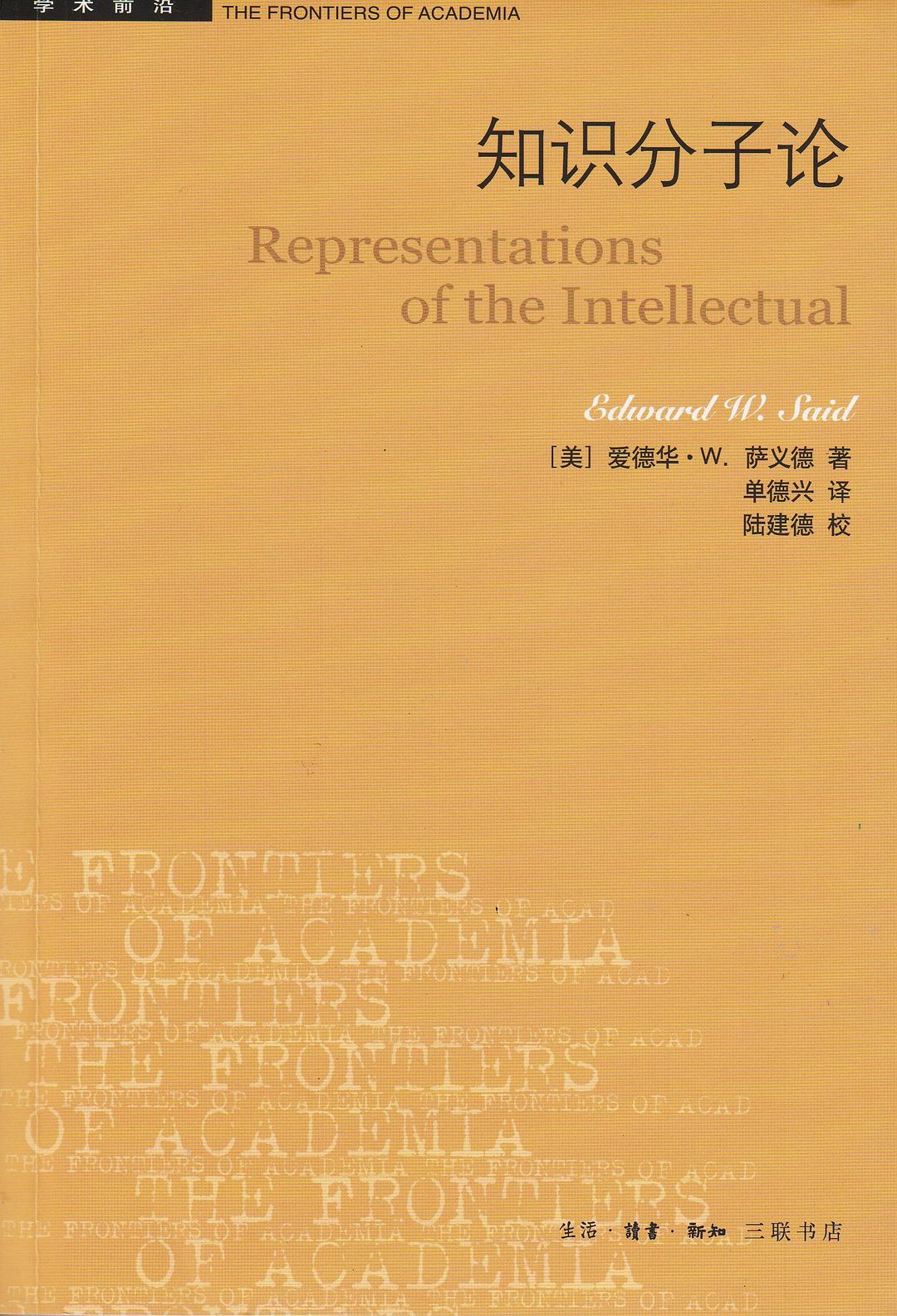1
/
of
1
On Intellectuals
On Intellectuals
Edward Said Shan Dexing 译
Regular price
$10.99 USD
Regular price
$8.99 USD
Sale price
$10.99 USD
Unit price
/
per
Low stock
Couldn't load pickup availability
About Book
About Book
Representations of the Intellectual
"On the Intellectuals" was originally the manuscript for Said's famous Reith Lectures on the BBC. Originally titled "Representation of the Intellectual," Shan Dexin explains that Said's "Representation" has at least four meanings: "Intellectuals are the voice of the people, representing justice and the vulnerable/persecuted, expressing their views and opinions to the public even in the face of adversity; their words and actions also represent/represent their own personality, knowledge, and insights." Therefore, he simply translated it as "On the Intellectuals." Said himself offers a simple explanation of the intellectual theme in his preface: "The public role of the intellectual is that of an outsider, an 'amateur,' a disruptor of the status quo." This view is completely different from the definition of intellectuals we are accustomed to. Today, society generally considers educated professionals to be intellectuals, and the question of whether experts and scholars within the system are intellectuals is questionable. Said had his reasons.Said argues that there are two types of intellectuals. One type comprises the majority of real-world intellectuals, including book editors and authors, military strategists, and international lawyers. The language they speak and use becomes specialized, accessible to others in their field. The common language among experts is often incomprehensible to non-specialists. These individuals are likely secluded in small rooms, enjoying a stable income but lacking interest in engaging with the world outside the classroom. Their writing is abstruse yet uncouth, driven primarily by academic advancement rather than social change. Lost in the myriad minutiae of details, they become just another professional caught up in social trends. There is another type of intellectual. Their activities are not primarily driven by practical purposes, but rather by the pursuit of pleasure in art, science, or metaphysical speculation. In short, they delight in the pursuit of non-material gains, thereby, in some way, saying, "My kingdom is not of this world." Said calls these intellectuals true intellectuals.
True intellectuals, inspired by metaphysical passion and the transcendental principles of justice and truth, denounce corruption, defend the weak, and resist imperfect or oppressive authority. This is their true nature. They should be willing to risk being burned at the stake, exiled, or crucified. Such individuals are necessarily few in number, and cannot be cultivated through routine means. They must be thoroughly individual, possessing strong personalities, and above all, they must be in a state of near-constant opposition to the status quo. They are mavericks who speak truth to power, individuals who are forthright, eloquent, fiercely courageous, and indignant, for whom no matter how vast or imposing the world's power, they can criticize and condemn directly. Said admires intellectuals who stand on the side of relatively disadvantaged classes, the disadvantaged, ethnic minorities and nations, and less privileged or less powerful cultures and races. This does not mean deliberately opposing the government, but rather requires constant vigilance, never being led astray by specious claims or conventional wisdom.
True intellectuals experience a state of exile, not necessarily a literal exile, but rather a sense of being an outsider within a society. Edward Said points out that because exiles see things simultaneously from the perspective of what they have left behind and the reality of the here and now, they possess a dual perspective, never seeing things in isolation and not only seeing things as they are, but also seeing their antecedents. Even if one is not truly an immigrant or exile, one can still possess the mindset of an immigrant or exile, imagining and exploring despite obstacles, always able to move away from the center and toward the margins, where one can see things that are often lost to minds that have never ventured beyond the confines of tradition and comfort.
Publication Date
Publication Date
2016-10-01
Publisher
Publisher
生活·读书·新知三联书店
Imprint
Imprint
Pages
Pages
175
ISBN
ISBN
9787108057327
share

